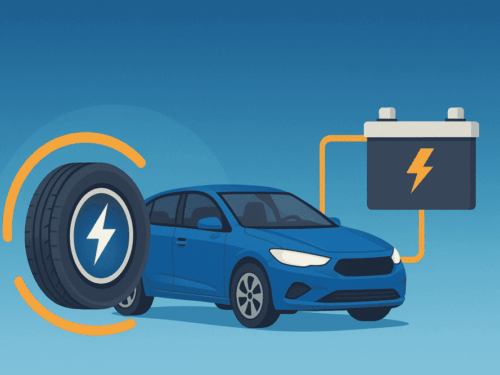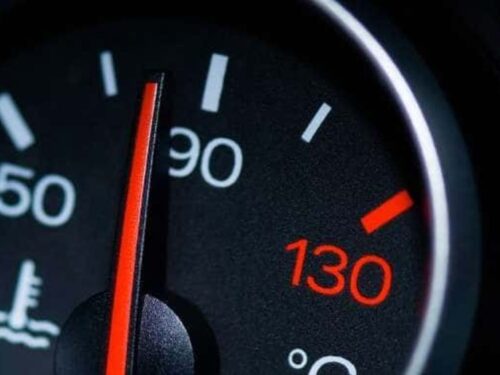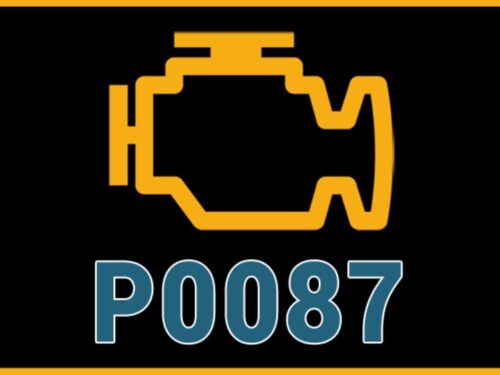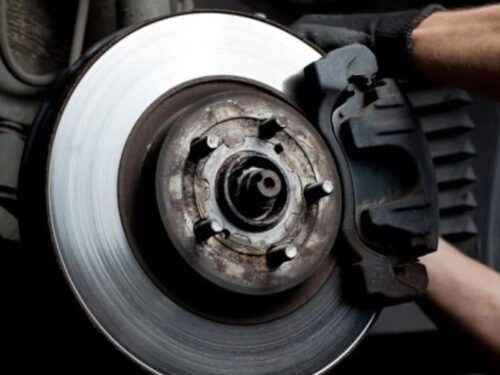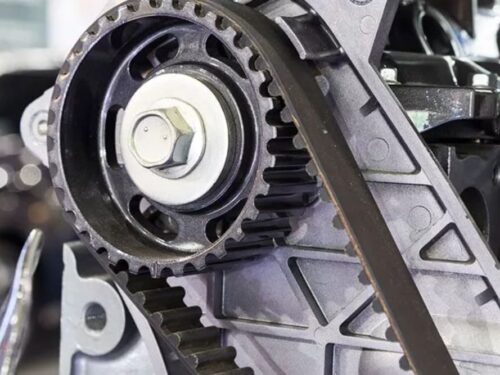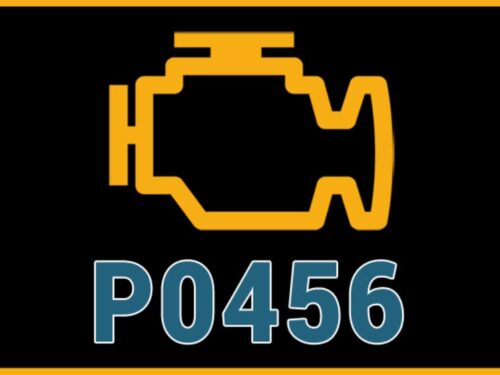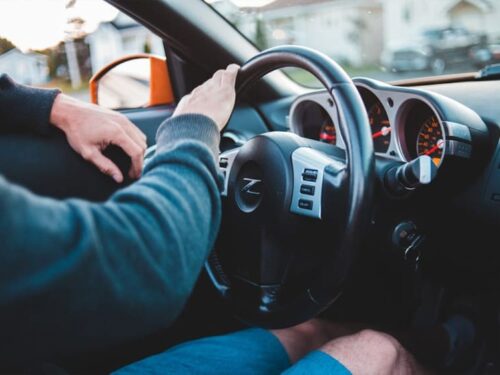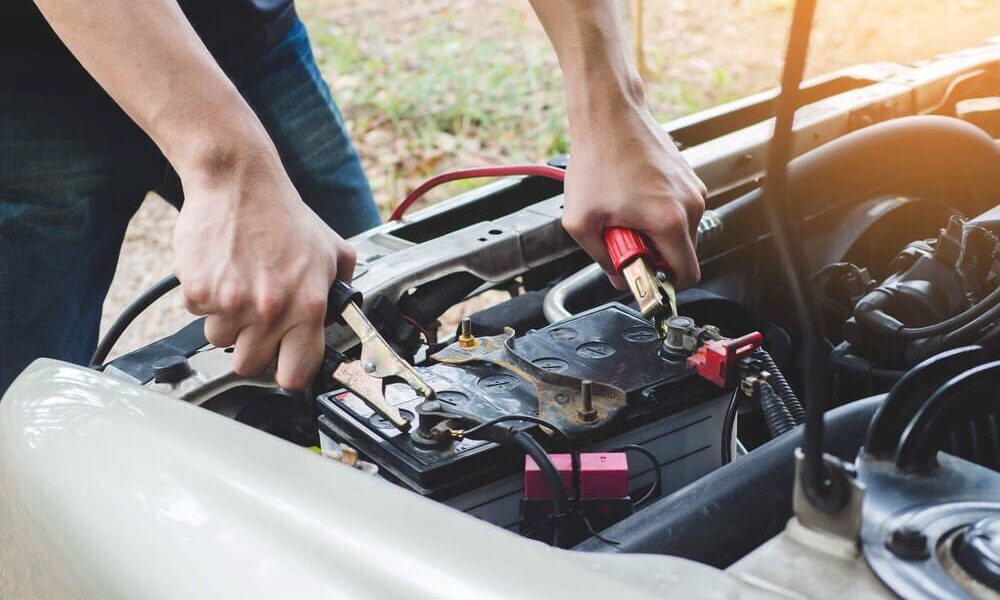
Car starting problems happen at the most inopportune of times. Here’s one that commonly occurs when people are ready to head out of the door: The car won’t start.
This common car problem can be baffling, especially if your car started fine the day before. What’s causing this issue? Is your car’s battery dead? Is it a bad alternator? Or is some other issue preventing your car from starting?
Most commonly, when a car doesn’t start, a bad battery is the prime suspect. The battery plays a vital role in starting the engine. It powers the vehicle’s accessories, but more importantly, it powers the starter or cranking motor. The starter is what turns your engine over, and it draws a lot of power from the battery to do that. Therefore, when you have a bad car battery, the starter doesn’t have enough ability to turn the engine over.
Think you might have a bad car battery? Or maybe your vehicle isn’t starting?
We’ve outlined some bad car battery symptoms, as well as other issues that can cause a car not to start to help you diagnose the problem.
IS YOUR CAR’S BATTERY DEAD?
Car batteries can die for many reasons. Often, it’s a matter of the battery being old. Most have a life of 2-5 years, for example. Lights being left on is another common cause. Overnight, a dome light can drain the battery and cause the car not to start. Finally, extreme weather can also be a cause, as excessive heat or cold can drain the battery.
Think your battery might be dead or undercharged? These are a few of the most common dead battery symptoms:
- Lights Don’t Turn On / Dim Lights – If your battery is dead or underpowered, the lights will fail to turn on or will be very dim. One red flag: Your dome lights don’t turn on when you open the door. If you suspect your battery is dying, test your headlights; they’ll be very dim, flicker or won’t turn on if the battery needs charging.
- No Radio / Chimes – If you put your key in the ignition and you don’t hear the usual chimes, it’s likely a battery issue. Similarly, if the radio won’t turn on, the battery is probably dead.
- No Accessories – If your car has digital gauges, an LCD display, or GPS screen, these accessories won’t have enough power to turn on if the battery is discharged.
- No Crank – When you turn the key, your car should crank, as it tries to turn over. If you don’t hear this crank, the starter motor likely isn’t getting enough power.
- Starter Cranks Weakly – Another sign of an undercharged battery: You will hear the starter crank, but it putters out or cranks very weakly. This symptom can be a sign of a bad battery, but also issues with the starter or alternator.
Can it still be a dead battery if the lights turn on? Even if your lights, radio or accessories turn on, your battery may still be dead or undercharged. These components require a lot less power than the starter. Therefore, your battery may have enough ability to turn the radio/lights on, but not enough to turn on the starter.
TESTING A CAR BATTERY’S CHARGE
If your car won’t start, and you suspect a bad battery, there are tests and tools you can use to measure your battery’s performance. Some of the most basic, you can do at home. Other tests would be best performed at an auto repair shop.
Visually inspect the battery. The battery should be clean, the connections should be free of corrosion, there should be no significant leaks, and the battery case should be free of bumps or cracks.
Test voltage with a multimeter. A multimeter is a primary automotive tool that has many uses. You can use a multimeter to measure the battery’s voltage. A fully charged battery should register a minimum of 12.6 volts. When the engine is running, the voltage should be 13.7-14.7 volts.
Test the charge with a hydrometer. Automotive repair shops use advanced hydrometers to measure a battery’s performance. This tool measures the level of a battery’s charge, helping to understand if it’s undercharged or if cells have failed.
Conduct a battery load test. Load tests determine the condition of a battery. This test will show if your battery can be charged, needs replacing, or if service is necessary.
Ultimately, these tests will help you determine if the battery needs to be replaced, if it can be charged, or if the problem lies elsewhere. Often, if the battery is still in good condition, a 30-minute charge or jump is enough to get you back on the road.
COSTS TO REPLACE A CAR BATTERY
Replacing a car battery is a cost-effective automotive repair. Standard lead-acid batteries range in price from $50 to $135, depending on the type. Some premium car batteries though can cost as much as $200.
Additional costs include labor, typically about 30 minutes to 1 hour, including testing and installation. There may also be a small battery disposal fee.
In terms of testing or charging, many of these tests are conducted for free or low cost.
OTHER ISSUES THAT CAUSE CAR STARTING PROBLEMS
Have you determined a dead battery isn’t the issue? Although this is the most common cause of a car that won’t start, there is a wide range of problems that could be the problem.
One way to tell if it’s not the battery: Put your key in the ignition. If your car’s systems – lights, radio, accessories – are seeming to function appropriately at full strength, but the starter won’t turn, the issue might not be related to the battery.
Some other potential problems include:
- Bad Starter – If the starter motor sounds labored or you hear a clicking noise when turning the key over, the problem could be a faulty starter. Loose connections or a defective starter solenoid are other starter issues that cause the car not to start.
- Bad Ignition Switch – When you turn your key in the ignition, it sends an electrical signal to the battery to turn the engine on. A faulty switch never sends the message. If the dashboard lights and chimes don’t turn on when the key is turned, or the engine stalls just after starting, the issue might be a bad ignition switch.
- Faulty Alternator – The alternator charges the battery, as the engine runs. Therefore, your dead battery may be caused by a failing alternator. A few common symptoms include Squealing, stalling or a check engine light.
- Bad Fuel Pump – If your car doesn’t start, it may be a failing fuel pump. Often, you’ll notice the signs of a bad fuel pump, before the car won’t start. They include engine jerking at high speeds, engine surging, rising temperatures and falling fuel pressure.
- No Spark – A spark is needed to ignite the fuel in your engine, and a spark plug creates that spark. When spark plugs fail, the fuel can’t be ignited. Some symptoms can include Rough idle, engine misfiring, surging, or the reduced fuel economy.
- Blow Fuses – A blown fuse can prevent the power from reaching the starter solenoid. An electrical issue may cause 1 or more fuses to fail. If accessory systems are failing – like your gauge cluster – you might be experiencing an electrical problem.
Courtesy of hollenshades

